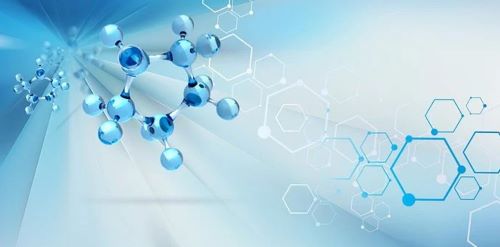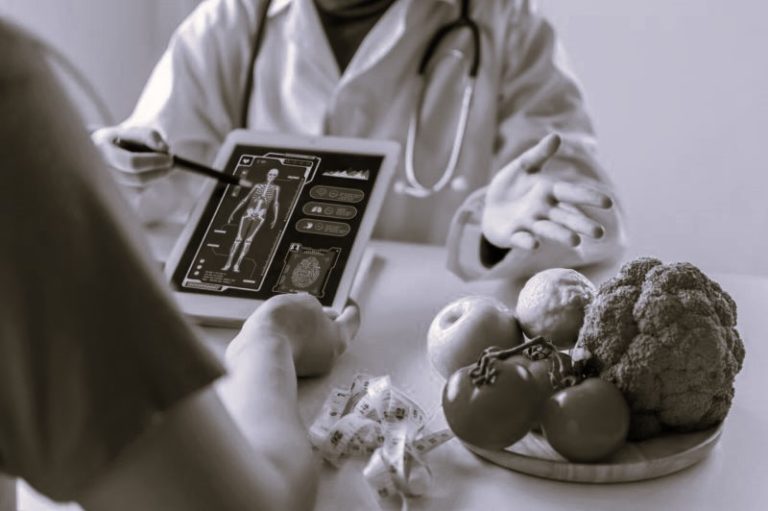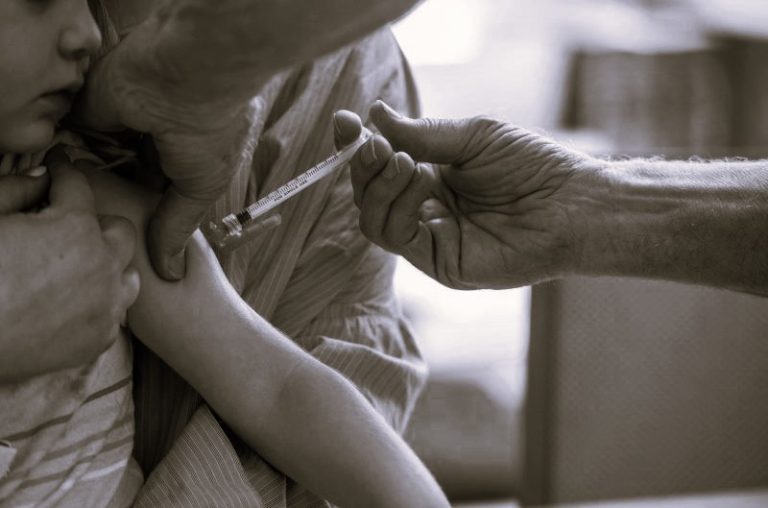
The verdict is in: the possible rewards significantly outweigh any possible downsides.
Most people searching a DNA ancestry or genealogy database do so out of pure curiosity. “Who are you?” as Pete Townshend famously sang, is a question all of us want answers to… and yes, we really want to know. Now and then, however, a DNA test provides shocking results. An MSN report told the story of a man who had been receiving relatively large financial gifts from a wealthy uncle and was curious as to why he’d been so favored. After running a DNA test, the man discovered he was actually the “uncle’s” biological son. Whit Johnson, an ABC news correspondent, was aware his father had been adopted but didn’t know much about his biological family and so had a DNA test done. The results led him to an uncle, a previously unknown biological brother to his father. Imagine the moment the reporter was able to inform his own father of the existence of a lost brother. The two were later reunited. Another amazing story comes from a Washington Post report about a woman named Alice Collins Plebuch who assumed she was Irish-American, but a DNA test found Eastern European genes that included a mixture of European Jewish and Middle Eastern ancestry. Getting the rest of her family to also submit samples for DNA tests it was discovered that her father was not the biological son of her grandparents… and after much more in-depth digging a huge reveal: her father had been sent home with the wrong family at birth. A century-old mystery solved through DNA.
The stories above are all due to the growing trend of home-kit DNA testing run by an increasing number of professional companies – the better ones are listed at this “top ten” site: View this link to find DNA testing has never been cheaper or easier, and untold millions have already had their DNA analyzed to discover information about heritage, ancestry, and increasingly, to learn about their health and predisposition towards genetic illnesses. These numbers are set to grow in 2022 and beyond, as the services increase and become even cheaper, faster, and more convenient. It’s a fair bet that quite a few people received home DNA tests as a Christmas present this year, as they do make rather unique gifts for family members. Should you choose to join the throngs of people who are swabbing their cheeks and sending in cotton swabs for DNA analysis, you’ll want to think a little bit first about what info you are hoping to gain. Some companies might be superior due to having a larger user database. A company that has tens of millions of users, means – for example – that you’d be able to plug in your DNA sample and discover if it happens to match anybody else in the database. If you get a hit, you could then choose to connect with newly discovered relatives.

Other services are more focused on ancestry and can give you a clear estimate of your ethnic makeup, and your family’s migration routes – in other words: how they traveled through the ancient world to arrive in the modern era and become what we now call, “German” or “Vietnamese.” These tests can also tell you how much Neanderthal DNA you happen to have – which as people are increasingly coming to understand – is far from an indication that you’re related to numbskulls. Other companies focus more on what’s known as autosomal DNA, which means you get the results of your maternal line – a more extensive type of testing and therefore also somewhat more expensive. Such testing also takes longer to arrive, so prepare for a wait of around 12 weeks. But when the results do come in, you’ll get an incredibly accurate timeline and a map that traces your ancestry through history.
As noted, increasingly people are looking to DNA tests for health information and several services provide information that could help you determine a fitness regimen that’s best for your unique DNA. For example, should you discover that you are among the larger than imagined number of people who are allergic to alcohol, armed with that information you might decide to stop drinking – even occasionally – as you are now more aware of the damage it does to your specific DNA makeup. The same applies to those who are lactose intolerant or perhaps not able to process gluten efficiently. Information is power and this power allows you to make choices that can equal better health. While we’re on the topic of health, let’s mention that there are also an increasing number of discrete health screening at-home test kits available that take the issue of health info privacy seriously. These do not look for DNA or provide information on genealogy or ancestry but instead are discreet ways of finding information on things that might be embarrassing such as STDs, or private, such as hormone and fertility tests. Those who suspect that they may have a thyroid condition, for example, can have that checked without having to go into a hospital and the list of other health-related info is long and includes screens for hepatitis and Vitamin D deficiencies among many others. There’s a world of info locked inside you that’s accessible through a simple swab. The allure of self-knowledge is easy-to-understand, and could even be vital to your health and longevity. The tests are cheap and easy – and it’s a good bet the tens of millions in databases will swell to billions, making the chances of getting more info even greater. We say, go for it.







